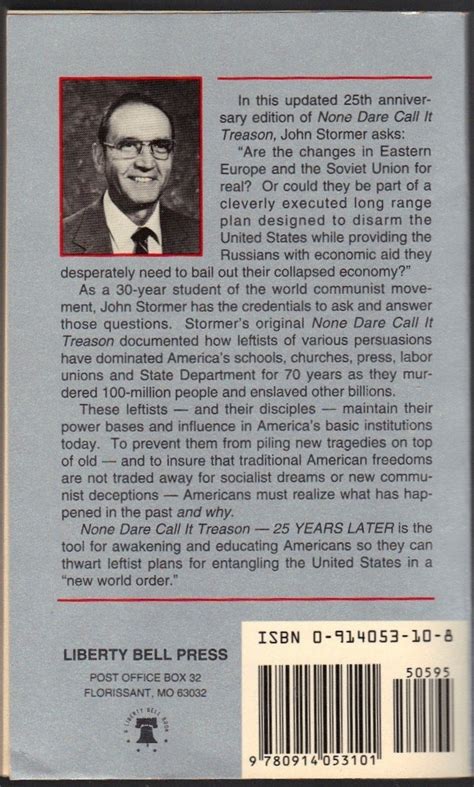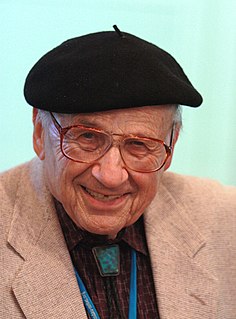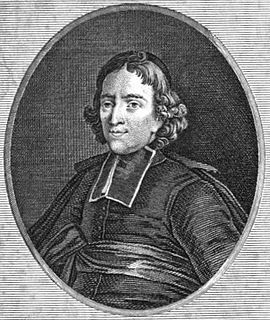A Quote by Thomas Jefferson
Man was destined for society. His morality therefore was to be formed to this object. He was endowed with a sense of right and wrong merely relative to this. This sense is as much a part of his nature as the sense of hearing, seeing, feeling; it is the true foundation of morality... The moral sense, or conscience, is as much a part of man as his leg or arm. It is given to all human beings in a stronger or weaker degree, as force of members is given them in a greater or less degree. It may be strengthened by exercise, as may any particular limb of the body.
Quote Topics
Any
Arm
Beings
Body
Conscience
Degree
Destined
Endowed
Exercise
Feeling
Force
Formed
Foundation
Given
Greater
Hearing
His
Human
Human Being
Human Beings
Leg
Less
Limb
Man
May
Members
Merely
Moral
Morality
Much
Nature
Object
Part
Particular
Relative
Right
Right And Wrong
Seeing
Sense
Society
Stronger
Them
Therefore
True
Weaker
Wrong
Related Quotes
He who made us would have been a pitiful bungler, if he had made the rules of our moral conduct a matter of science. For one man of science, there are thousands who are not. What would have become of them? Man was destined for society. His morality, therefore, was to be formed to this object. He was endowed with a sense of right and wrong, merely relative to this.
By "essence" I understand a universal, of any degree of complexity and definition, which may be given immediately, whether to sense or to thought.... This object of pure sense or pure thought, with no belief superadded, an object inwardly complete and individual, but without external relations or physical status, is what I call an essence.
So long as men desire to live together, no man may initiate the use of physical force against others. . . . When a man attempts to deal with me by force, I answer him by force. It is only as retaliation that force may be used and only against the man who starts its use. No, I do not share his evil or sink to his concept of morality: I merely grant him his choice, destruction, the only destruction he had the right to choose: his own.
Few legislators who passed these mental health laws realized that (Brock) Chisholm and his associates defined mental illness as a sense of loyalty to a particular nation, a sense of loyalty to a moral code, and strict adherence to concepts of right and wrong. Chisholm has been obsessed for years with the idea that instilling concepts of right and wrong, love of country and morality in children by their parents is the paramount evil.
I am very much a scientist, and so I naturally have thought about religion also through the eyes of a scientist. When I do that, I see religion not denominationally, but in a more, let us say, deistic sense. I have been influence in my thinking by the writing of Einstein who has made remarks to the effect that when he contemplated the world he sensed an underlying Force much greater than any human force. I feel very much the same. There is a sense of awe, a sense of reverence, and a sense of great mystery.
In the greatest fiction, the writer's moral sense coincides with his dramatic sense, and I see no way for it to do this unless his moral judgement is part of the very act of seeing, and he is free to use it. I have heard it said that belief in Christian dogma is a hindrance to the writer, but I myself have found nothing further from the truth. Actually, it frees the storyteller to observe. It is not a set of rules which fixes what he sees in the world. It affects his writing primarily by guaranteeing his respect for mystery.
Of all the differences between man and the lower animals, the moral sense or conscience is by far the most important. This sense, as Mackintosh remarks, "has a rightful supremacy over every other principle of human action"; it is summed up in that short but imperious word "ought," so full of high significance. It is the most noble of all the attributes of man, leading him without a moment's hesitation to risk his life for that of a fellow-creature; or after due deliberation, impelled simply by the deep feeling of right or duty, to sacrifice it in some great cause.
My personal attitude toward atheists is the same attitude that I have toward Christians, and would be governed by a very orthodox text: "By their fruits shall ye know them." I wouldn't judge a man by the presuppositions of his life, but only by the fruits of his life. And the fruits - the relevant fruits - are, I'd say, a sense of charity, a sense of proportion, a sense of justice. And whether the man is an atheist or a Christian, I would judge him by his fruits, and I have therefore many agnostic friends.
To discover the true principles of morality, men have no need of theology, of revelation, or of gods. They need but common sense. They have only to look within themselves, to reflect upon their own nature, to consult their obvious interests, to consider the object of society and of each of the members who compose it, and they will easily understand that virtue is an advantage, and that vice is an injury to beings of the species.






























